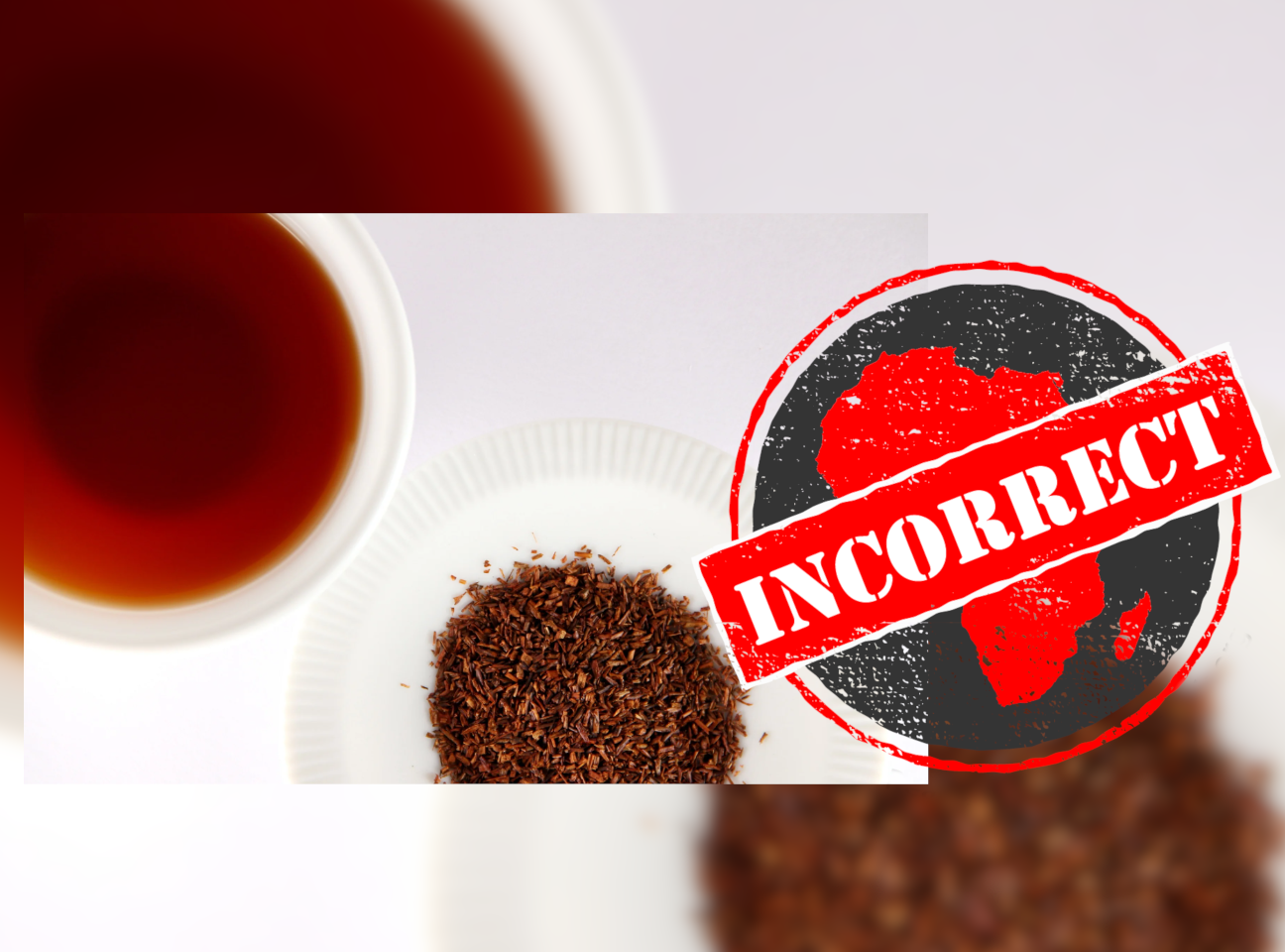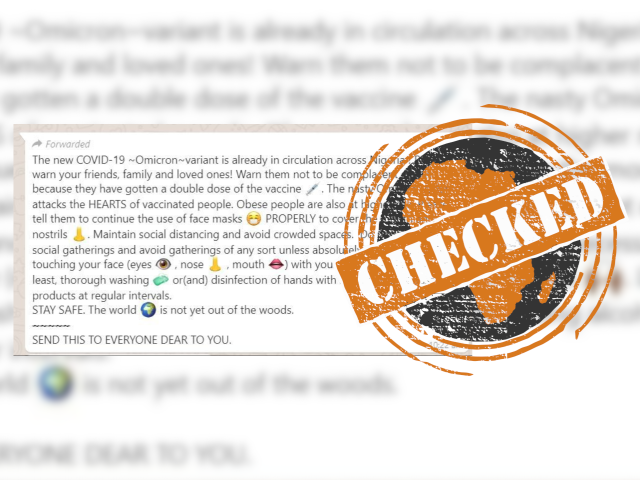A video on a health and beauty Facebook page says that “drinking six cups of rooibos each day can help prevent prediabetes”.
The tea, also known as “redbush” or “African red tea”, is indigenous to the Cederberg region of South Africa’s Western Cape province.
But does it prevent the early stages of diabetes? We checked.

Higher than normal blood sugar levels
The Mayo Clinic, a US nonprofit medical centre, says people with prediabetes have higher blood sugar levels than normal.
“It's not high enough to be considered type 2 diabetes yet, but without lifestyle changes, adults and children with prediabetes are more likely to develop type 2 diabetes,” the clinic says.
Type 2 diabetes affects the way the body processes blood sugar, also called glucose. It can lead to disorders of the circulatory, nervous and immune systems.
Antidiabetic medicine better than tea
Prof Christo Muller is a chief specialist scientist at the South African Medical Research Council who researches the prevention and treatment of insulin resistance, obesity and type 2 diabetes. He told Africa Check that type 2 diabetes could be managed by increasing exercise, improving diet and taking prescription medicine.
“Rooibos can add beneficial polyphenols to your diet that help the body better regulate blood sugar levels and improve blood lipid levels,” Muller said.
Polyphenols are compounds in fruit and vegetables that may fight the free radicals that damage cells in the body, causing diseases.
But Muller said rooibos tea couldn’t replace antidiabetic medicine. The tea has an “enormous variation in its polyphenolic content, making a precise dosage impossible”.
He added: “If you intend to start to use rooibos and you are on chronic medication you should first consult with your doctor as rooibos can interfere with the metabolism of certain diabetic medications.”
Buyelwa Majikela-Dlangamandla, a diabetes nursing specialist at the University of Cape Town’s Chronic Disease Initiative for Africa, told Africa Check the safest source of information on treating diabetes was a medical doctor.
“Ask questions when consulting your doctor or diabetes nurse. Use reliable internet resources,” she said. “Your health care provider can assist you.”
Republish our content for free
For publishers: what to do if your post is rated false
A fact-checker has rated your Facebook or Instagram post as “false”, “altered”, “partly false” or “missing context”. This could have serious consequences. What do you do?
Click on our guide for the steps you should follow.
Publishers guideAfrica Check teams up with Facebook
Africa Check is a partner in Meta's third-party fact-checking programme to help stop the spread of false information on social media.
The content we rate as “false” will be downgraded on Facebook and Instagram. This means fewer people will see it.
You can also help identify false information on Facebook. This guide explains how.





Add new comment